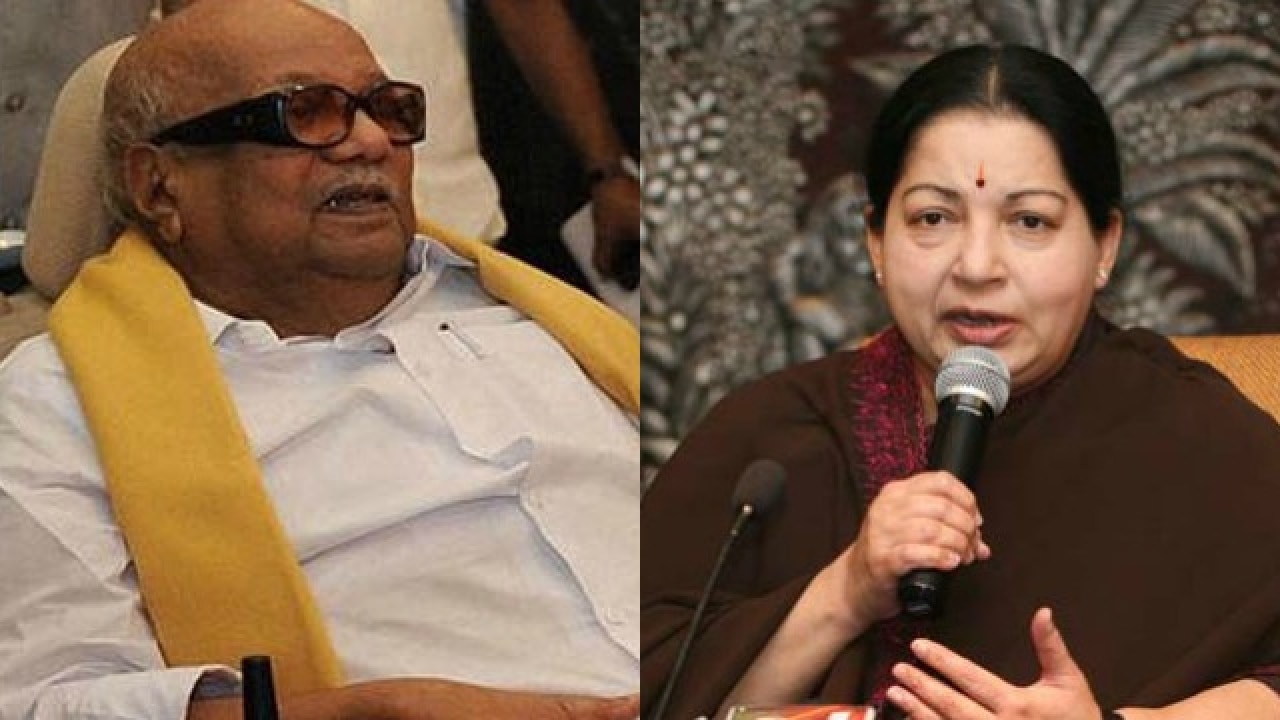
BJP leader Arun Jaitley’s remark that the Congress has been reduced to playing a tail-ending role to regional parties rings true in the context of Tamil Nadu. Its southern ally, the DMK, is hesitant to part with the 63 seats that were offered to the Congress in 2011. The Congress had come a cropper in that election winning only five seats forcing the DMK to rethink the utility of this alliance in the Lok Sabha elections. The Congress contested alone in 2014 and secured just 4.3 per cent of the vote share and drew a blank. Though the Congress was ousted from power in Tamil Nadu in 1967, it has, for the larger part of subsequent decades, been a significant political presence in the state. After it gave up ambitions of retaking Tamil Nadu on its own steam, the Congress reconciled to playing second fiddle to the two main Dravidian parties through an arrangement where it cornered a lion’s share of the Lok Sabha seats. Both the DMK and AIADMK were keen to woo the Congress, mindful of its stature at the Centre and its power to dismiss democratically elected state governments under the much-misused Article 356 of the Constitution.
Between 1977 and 1999, both the DMK and the AIADMK aggressively pursued alliances with the Congress. This resulted in a situation where the Congress won 14 out of 15 seats it contested in 1977; 20 out of 22 in 1980; 25 out of 26 in 1984; 27 out of 28 in 1989 and all 28 seats it contested in 1991. The Congress’s decline that began in 1996, after the split and the formation of the Tamil Manila Congress, has continued unabated in the ensuing two decades. Though the BJP made some gains in the 1999 and the 2014 Lok Sabha elections, it can be safely said that national parties, including the Left, which was the main Opposition party in the 1950s before the ascent of the DMK, have lost the plot in Tamil Nadu. The two main Dravidian (DMK and AIADMK), national (Congress and BJP) and Left (CPI and CPM) parties have watched helplessly as a string of Tamil nationalist and caste-based parties ate into their vote-shares but sought to make amends by co-opting them through electoral alliances. Though the Narendra Modi wave of 2014 saw the BJP-led NDA create a powerful third alternative, the coming together of the BJP, Vijayakanth’s DMK, S Ramadoss-led PMK and Vaiko’s MDMK has also unravelled.
The Congress is now truly a shadow of its former self. The DMK, even while renewing ties with the Congress, was keen on enticing Vijayakanth and offering him a significant share of the seats. However, Vaiko, a former firebrand leader of the DMK who was expelled to make way for MK Stalin, has kept the idea of the third alternative alive through the People’s Welfare Front, which includes the Dalit outfit, Viduthalai Chiruthaigal Kachi (VCK), the Left parties, and now the DMDK also. While the Third Front is unlikely to win many seats, it will snatch away many anti-incumbency votes from the DMK, and improve the chances of the AIADMK retaining power. The charismatic persona of leaders like MG Ramachandran, Jayalalithaa and Karunanidhi on the one hand and competitive populism on the other have shaped the agenda of the AIADMK and the DMK. The newer Dravidian parties have also imitated this strategy of leader-centric parties and populism. More damagingly, they were quick to enter into alliances with the DMK and AIADMK, and are no more seen as credible alternatives. The Congress under Rahul Gandhi launched a talent search across Tamil Nadu to rope in youngsters but the plan fell flat in the absence of a concrete political agenda for the future. The BJP in Tamil Nadu has also offered little beyond the tired slogans of Hindu consolidation. An AIADMK win in 2016 will not signify the consolidation of political space, but the fragmentation of its bipolar politics.